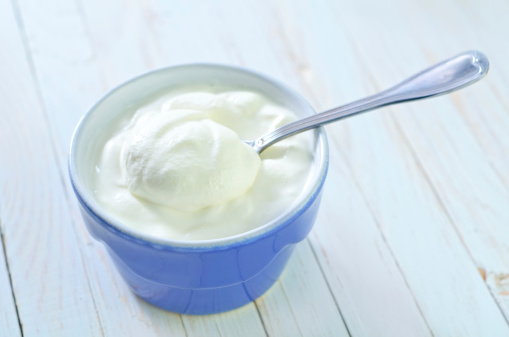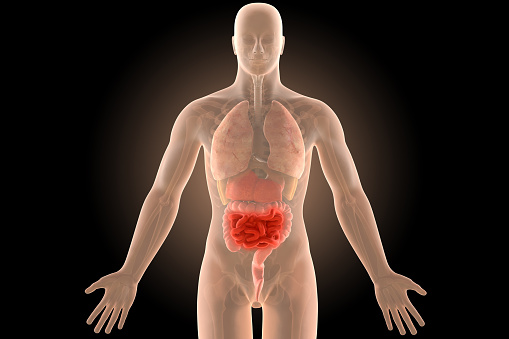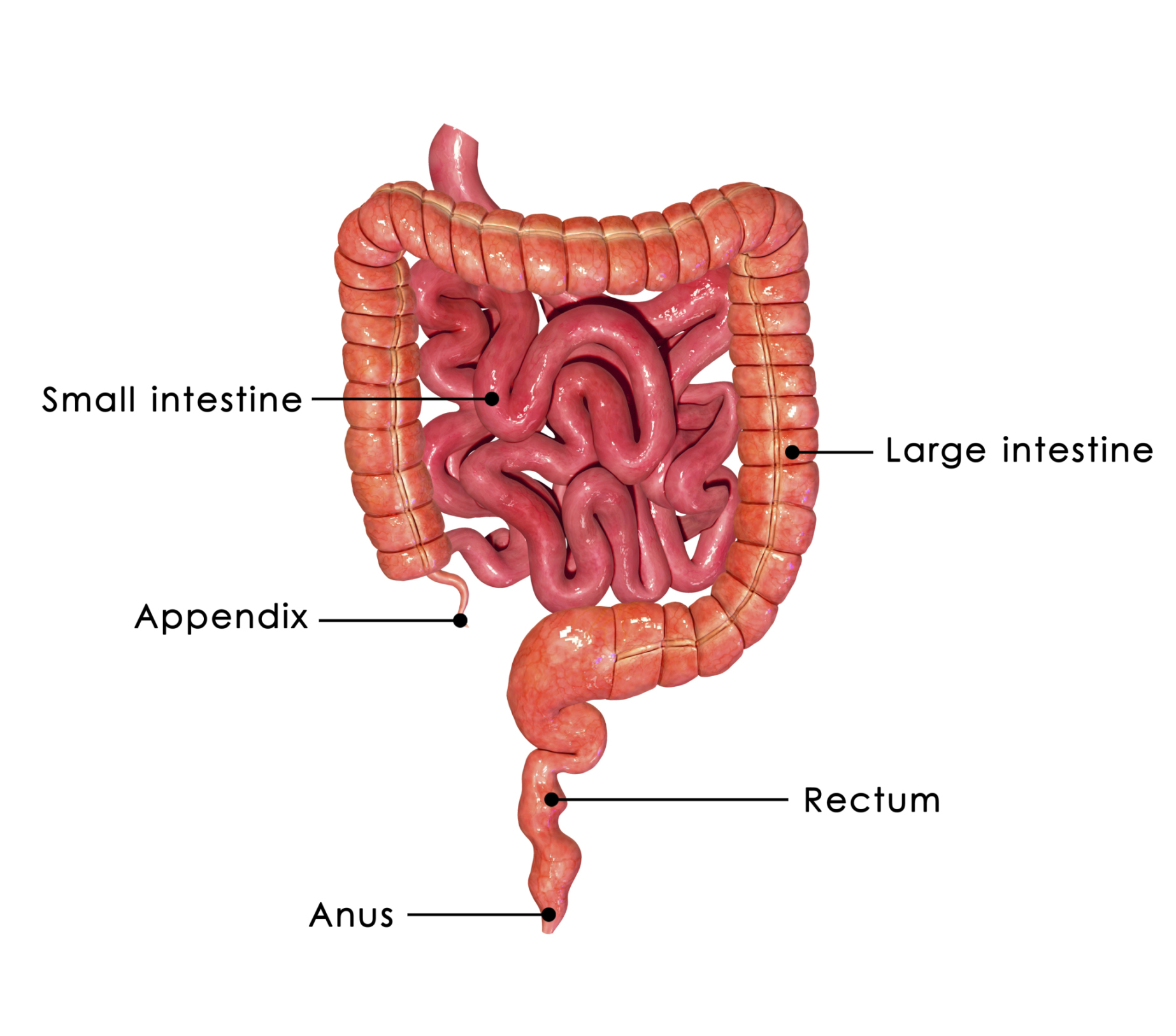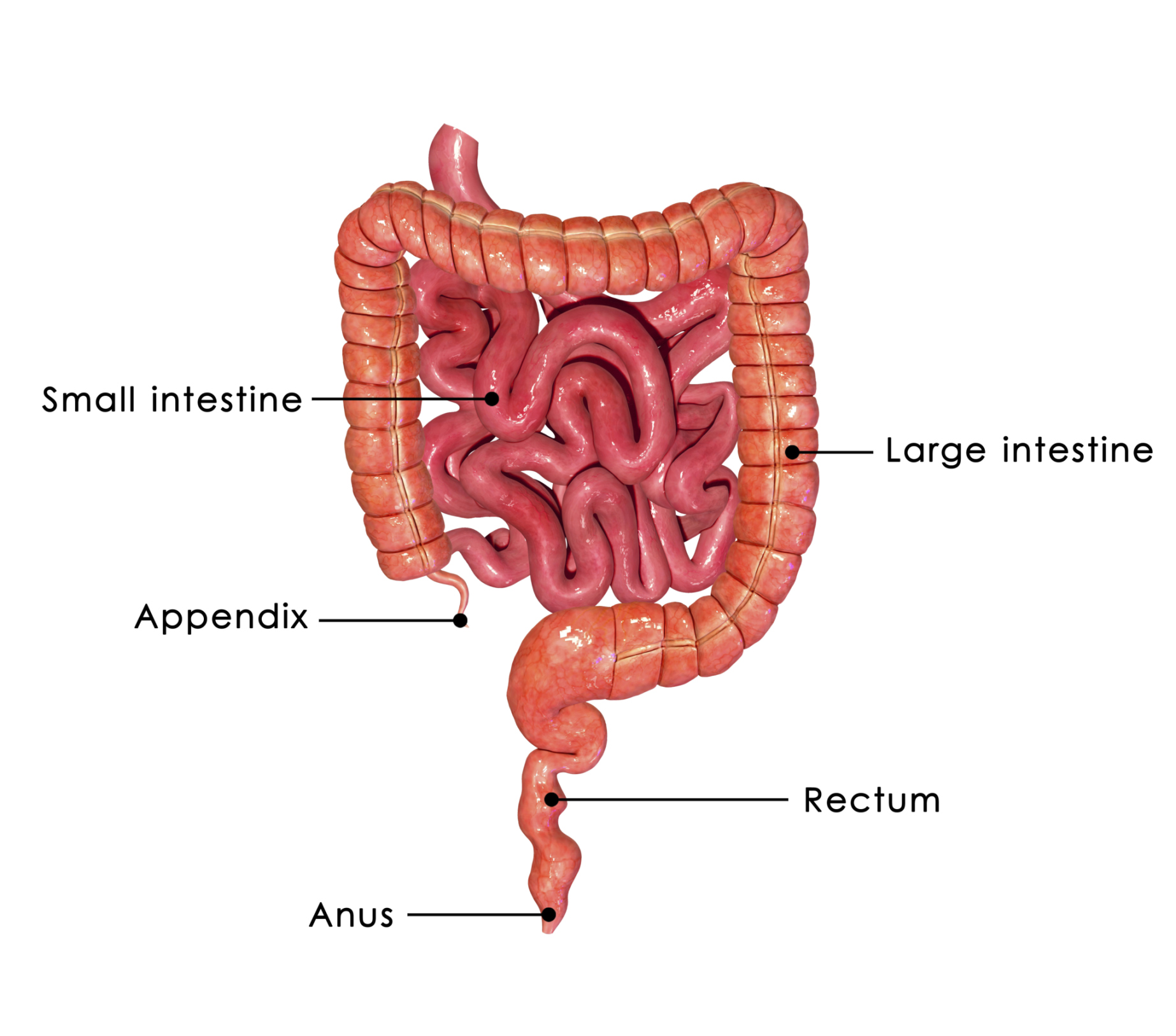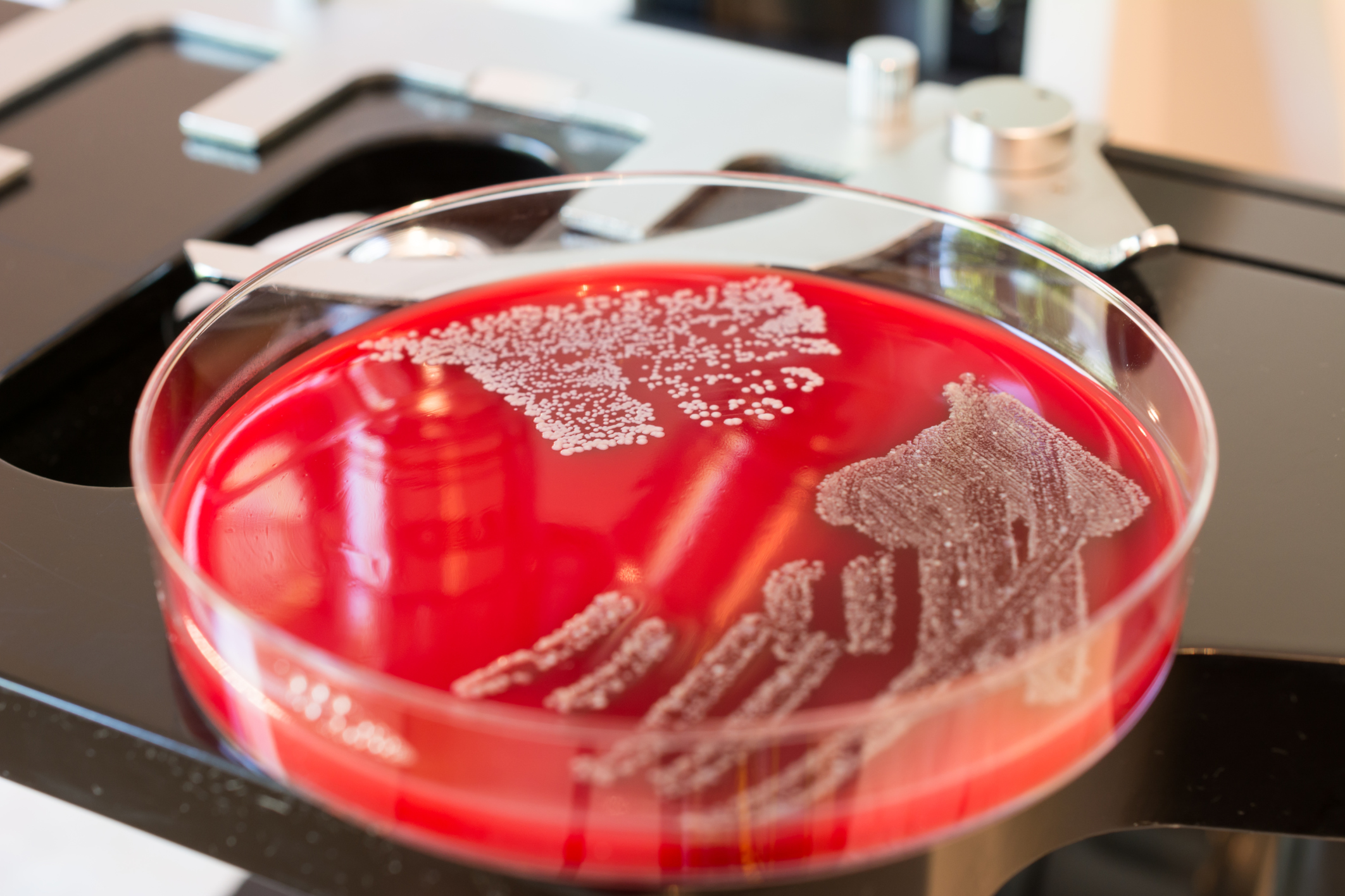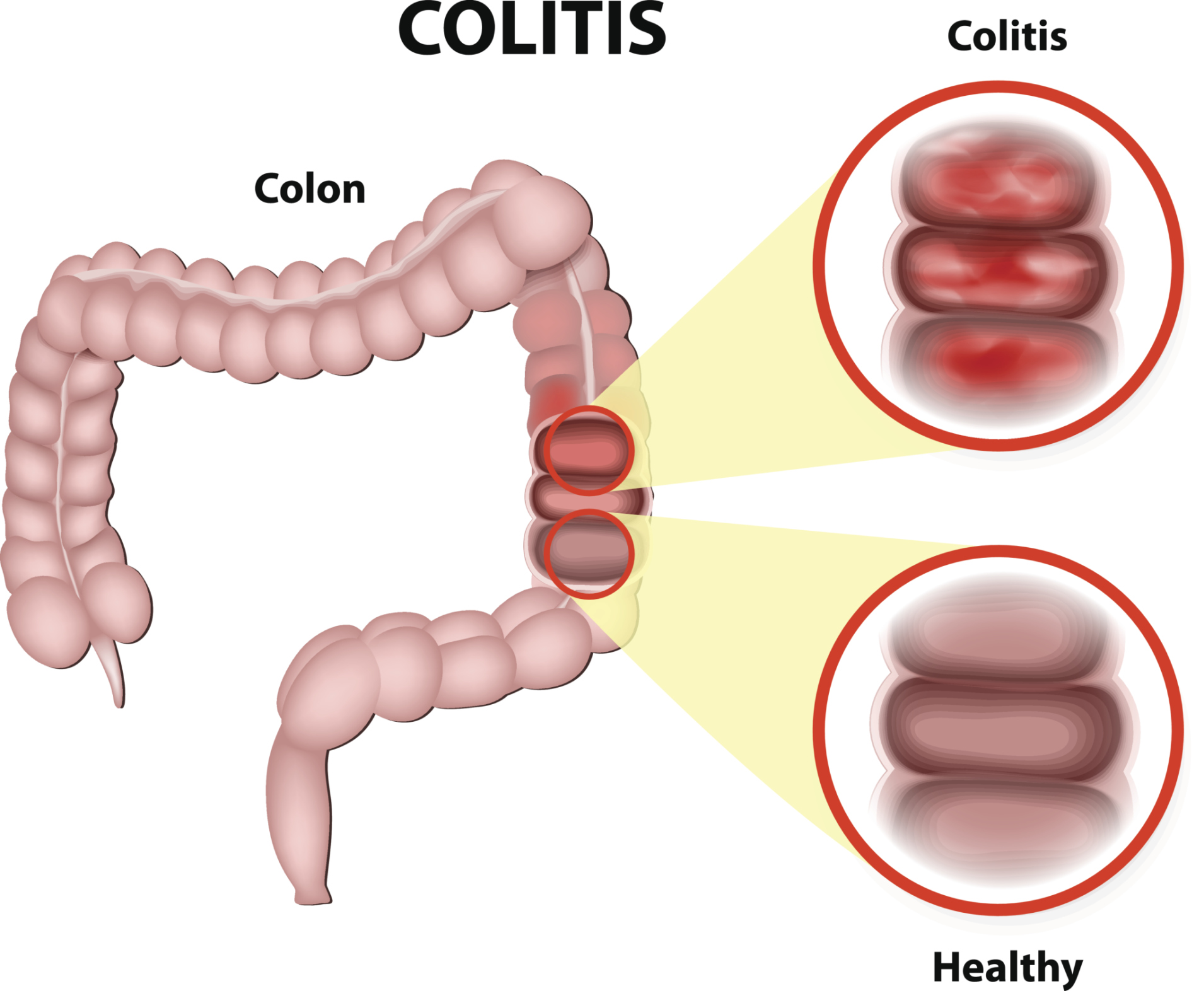Inflammatory bowel disease (IBD) linked to diversity of viruses and gut bacteria
Inflammatory bowel disease (IBD) is linked to diversity of viruses and gut bacteria. The findings come from researchers at the Washington University School of Medicine. The researchers found that patients with inflammatory bowel disease had a greater variety of viruses in their digestive system compared to healthy volunteers, suggesting that viruses may play a role ...click here to read more


